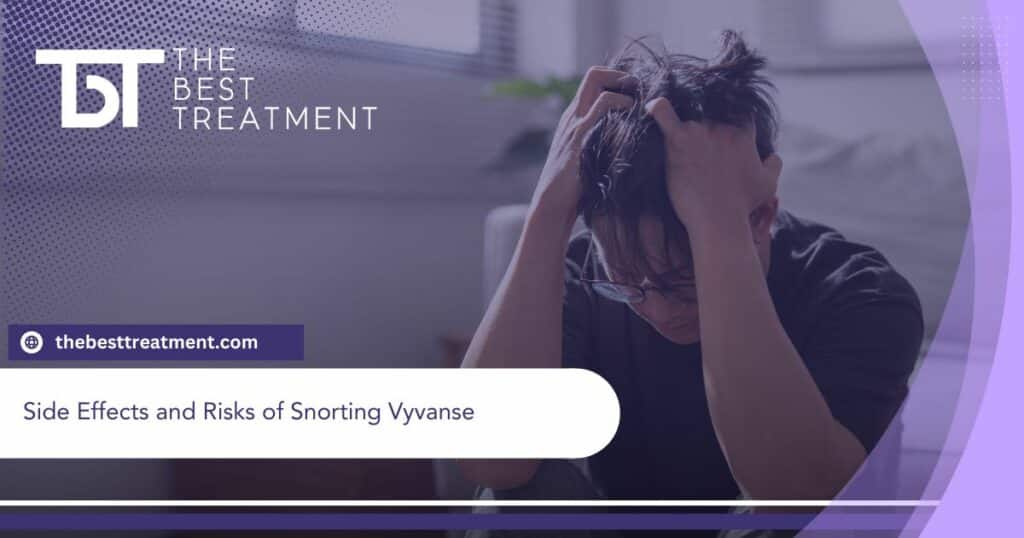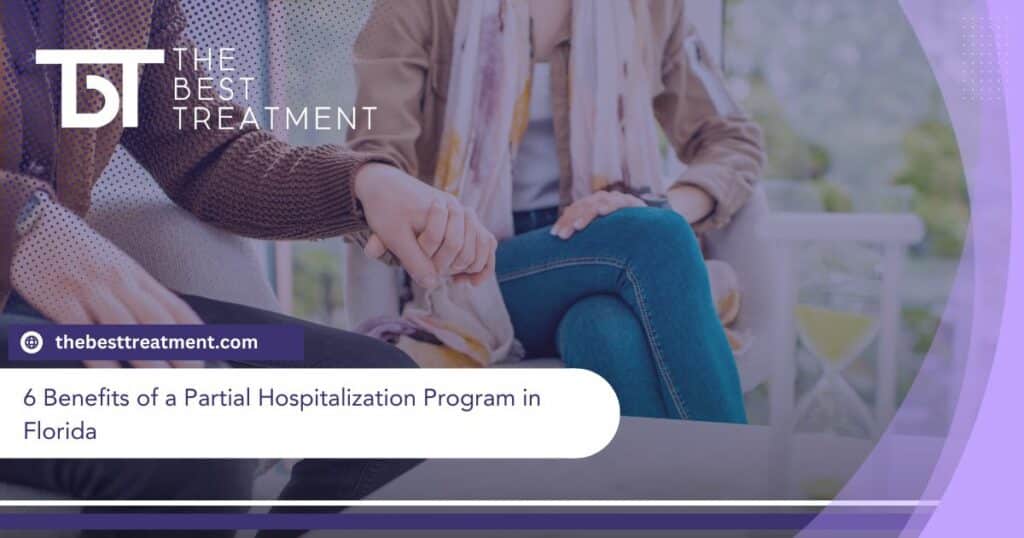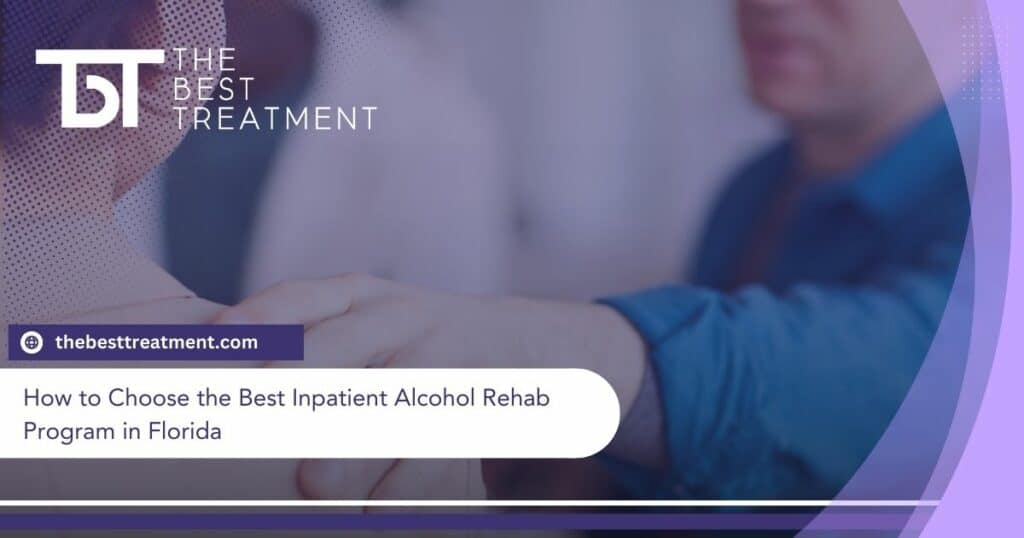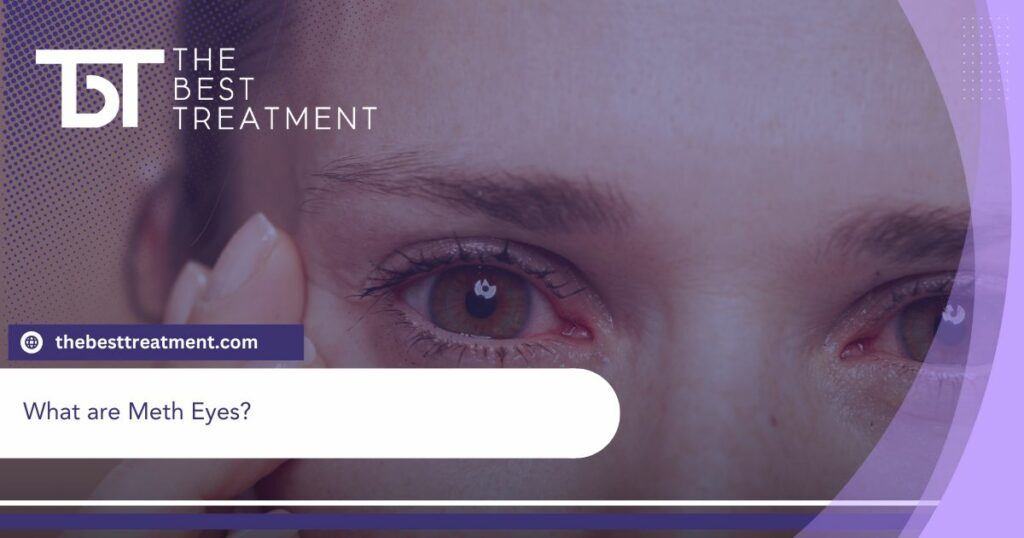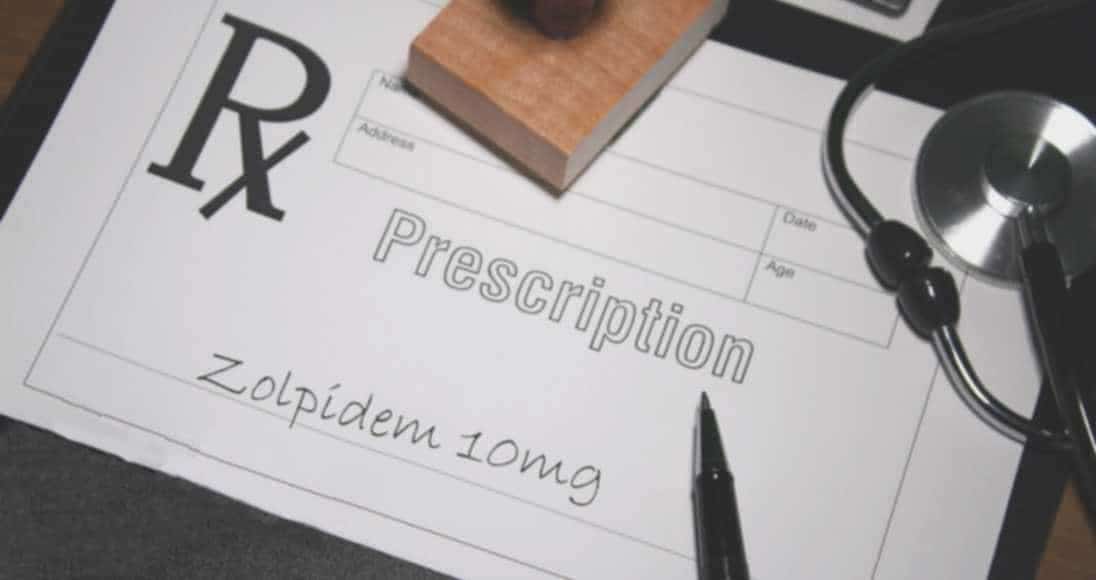Table of Contents
Between 50-70 million Americans are living with a sleeping disorder and approximately 4% of U.S. adults use prescription sleeping medication.[1] Despite being so common, sleeping pills can be dangerous when abused. You’ve probably heard stories of people sleepwalking on Ambien or sleep-eating on medications like Lunesta, but can you actually overdose on sleeping pills? Let’s take a look.
Understanding Sleeping Pills
Sleeping pills refer to a broad range of medications that are used to treat symptoms of nighttime restlessness, depression, anxiety, or insomnia. These medications work to suppress the central nervous system and reduce the activity of certain neurotransmitters that may be keeping a person awake.[2] While highly effective when used correctly, many sleeping pills pose a serious risk for abuse and addiction.
Most sleeping pills are not intended for long-term use because they are habit-forming and can actually begin to hinder sleep if used for an extended period of time. Sedative-hypnotic sleep aids are also associated with a variety of negative and even dangerous side effects. Even people who use their medication correctly may experience daytime drowsiness and other side effects. Common negative side effects include:
- Memory problems
- Poor balance and coordination
- Confusion
- Daytime sleepiness or grogginess
- Performing potentially dangerous activities while sleeping, such as driving, eating, walking, running, or operating machinery while asleep
Many people abuse sleeping pills because they reduce anxiety. Others abuse them to cope with long-term sleep problems. When an individual fights the urge to sleep after taking these medications, they will experience hallucinatory effects. People who become addicted to these medications may experience withdrawals when they stop taking the medication suddenly. They are also at an increased risk for suffering an overdose on sleeping pills.
Popular Types of Sleep Aids
Sleeping pills belong to a category of medications called sedative-hypnotics. Benzodiazepines and barbiturates are also considered sedative-hypnotics. Sleeping pills bind to the same receptors in the brain as benzodiazepines do, however, they are associated with inducing sleep and causing fewer negative side effects.
Three of the most commonly abused sleep aids are Ambien (zolpidem), Sonata (zaleplon), and Lunesta (eszopiclone). All three of these must be prescribed by a doctor. Other prescription sleep aids include:[2]
- Suvorexant (Belsomra)
- Ramelteon (Rozerem)
- Lemborexant (Dayvigo)
- Mirtazapine (Remeron)
- Trazodone
- Gabapentin (Neurontin)
- Lorazepam (Ativan)
- Clonazepam (Klonopin)
- Flurazepam (Dalmane)
There are also several types of over-the-counter (OTC) sleeping aids, including:
- Aleve PM
- Advil PM
- Bayer PM
- Motrin PM
- Ibuprofen PM
- Robitussin PM
OTC sleep aids aren’t meant to treat insomnia directly. Instead, they are usually meant to treat pain, cough, or fever and the sleeplessness that comes with it.
Symptoms of an Overdose on Sleeping Pills
Mixing sleeping pills with alcohol or taking too many pills at once can lead to a life-threatening overdose. People rarely overdose intentionally when taking sleeping pills, however, accidental overdoses can be just as fatal as intentional ones. Still, people who come depressed and/or suicidal may attempt to take their own lives by intentionally overdosing on sleeping pills.
Although it is possible to take too many pills and overdose, it’s more likely to overdose on sedative-hypnotic sleeping pills when mixing them with alcohol. At the same time, not all overdoses lead to death. Many overdoses can be reversed with medical help, however, some people may be left with brain damage or permanent physical injury.
If you suspect you or a loved one are overdosing on sleeping pills, you should seek emergency medical attention immediately. Common signs of a sleeping pill overdose are:[3]
- Extreme lethargy and drowsiness
- Difficulty breathing
- Abdominal pain and cramping
- Lack of appetite
- Acting drunk or clumsy
- Impaired motor control
- Constipation
Fortunately, the sleeping pills developed today are far safer than the ones people took decades ago. The only reason to worry about a sleeping pill overdose is if you are abusing the medication or mixing it with alcohol.
Sleeping Pill Addiction, Dependence, and Withdrawal
In addition to the risk of overdose, sleeping pill abuse can lead to addiction and physical dependence. Someone who is addicted to sleeping pills will experience intense drug cravings, be unable to sleep without taking a pill, and lie to their loved ones or doctor about their drug use.
People who are addicted to sleeping pills are more likely to take a higher dose than they should or to mix their pills with drugs and alcohol, therefore, increasing the risk of overdose and other negative consequences. Once addicted, people will experience withdrawal symptoms if they attempt to stop taking the drug abruptly.
Symptoms of sleeping pill withdrawal include:[4]
- Depression and anxiety
- Irritability
- Shakiness
- Insomnia
- Elevated blood pressure, heart rate, and body temperature
- Sweating
- Cravings
- Fever
- Hallucinations
- Seizures
These withdrawal symptoms can be dangerous but medical detox programs can provide support and monitoring to keep individuals safe and comfortable.
Get Help for an Addiction to Sleeping Pills Today
If you have begun abusing your sleep medication, you’re not alone. Many people get addicted to their sleeping pills without knowing the possible risks of overdose, dependence, withdrawal, and more. Fortunately, people just like you have overcome their addiction and have learned to live sober.
At The Best Treatment Center, we can help you overcome your addiction and learn new ways to get a restful and relaxing night’s rest – without the use of addictive medications. Don’t wait any longer. Call now to speak to a dedicated treatment provider.
References:
Medically Reviewed: September 25, 2019

All of the information on this page has been reviewed and verified by a certified addiction professional.





